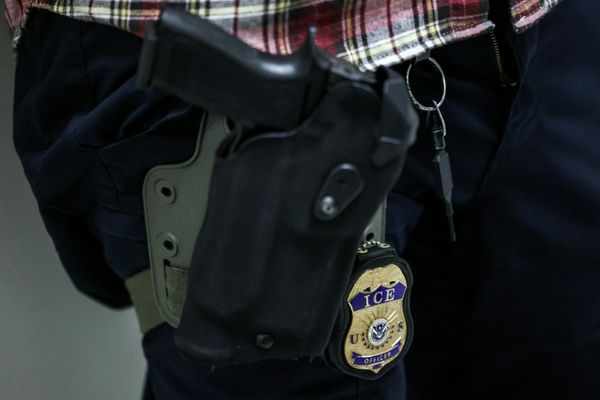
Human Rights Watch (HRW) reported that Burkina Faso’s military allegedly summarily executed around 223 villagers, including 56 children, in February. The executions were said to be part of a campaign against civilians accused of collaborating with jihadist militants. The report was based on an investigation into attacks on three villages in Burkina Faso’s northern Yatenga province.
A regional prosecutor initially highlighted the killings in late February, and the government of Burkina Faso has not yet responded to the HRW report. The attacks on the villages of Komsilga, Nodin, and Soro were attributed to unidentified assailants, with an investigation subsequently launched.
Witnesses reported that over 100 soldiers went door-to-door in the villages, ordering residents out of their homes before opening fire. The soldiers were said to have retaliated for a jihadist attack on a military camp nearby. The victims, totaling 223, were mostly buried in mass graves.



HRW has called for an independent investigation into the massacres, urging support from the African Union and the United Nations for impartiality. Burkina Faso, like other Sahel nations, has been grappling with Islamist insurgencies linked to groups such as al Qaeda and Islamic State since 2012.
The failure of authorities to protect civilians has led to political instability in the region, with multiple coups occurring in Mali, Burkina Faso, and Niger since 2020. Rights groups have also accused Mali’s army of using retaliatory tactics on civilians, which the army denies.
These allegations of mass atrocities committed by the Burkinabe army underscore the challenges faced in the region in combating terrorism while safeguarding civilian lives. The need for accountability and justice for the victims remains paramount as the international community monitors the situation in Burkina Faso and other conflict-affected Sahel nations.







